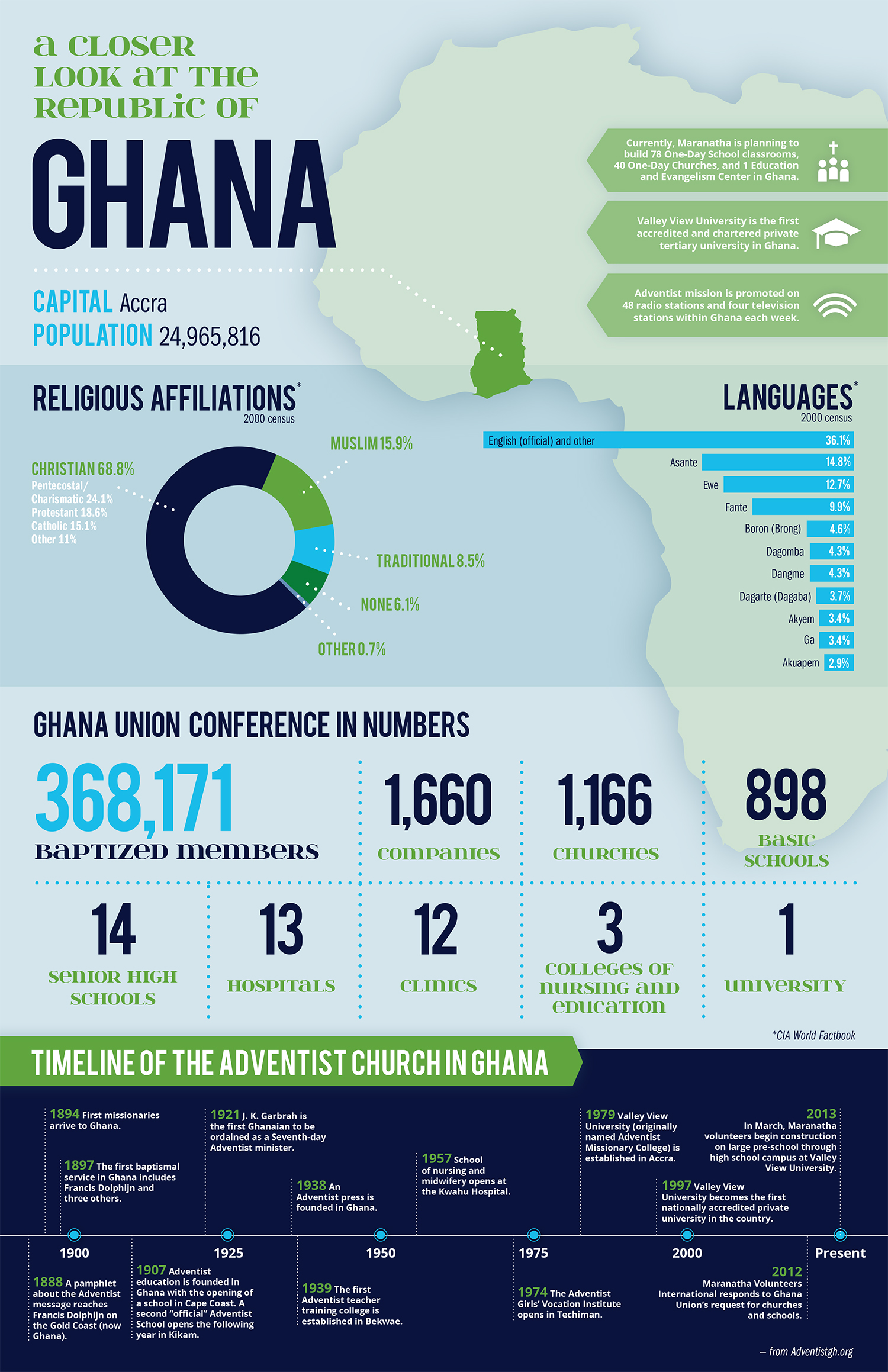Analyzing The Rich Heritage And Lasting Legacy Of Catholic Schools Throughout The Globe
Analyzing The Rich Heritage And Lasting Legacy Of Catholic Schools Throughout The Globe
Blog Article
Short Article By-Ahmed Bateman
When you think about the history of education and learning, Catholic colleges stick out for their ingrained customs and long lasting influence. These institutions began as a means to infuse confidence and worths, however they've adapted incredibly over centuries. Today, they play a critical function fit not simply academic success but additionally moral integrity. What's appealing is just how they've managed to thrive amidst changing social landscapes, questioning regarding their future importance and influence.
The Origins of Catholic Education And Learning: A Historical Perspective
Catholic education traces its roots back over 1,500 years, when very early Christian neighborhoods acknowledged the need for organized learning. You'll discover that these neighborhoods aimed to pass on their confidence and values with education and learning.
Monasteries and cathedral institutions came to be facilities of learning, supporting both spiritual and intellectual growth. As you delve much deeper, you'll see that the curriculum usually included viewpoint, faith, and the liberal arts, created to develop well-rounded people.
Over Read the Full Report , the Church developed more formal organizations, making certain that education continued to be easily accessible to all. The commitment to training moral values and cultivating a feeling of community has actually continued through the centuries, forming the instructional landscape and affecting many lives worldwide.
This enduring heritage remains to inspire Catholic education today.
The Evolution of Catholic Schools With Cultural Contexts
As societies advanced, so did the role of Catholic colleges, adjusting to the social contexts in which they existed. In the very early years, these institutions focused mainly on religious instruction, however as communities diversified, they started to include neighborhood languages, customizeds, and instructional demands.
You 'd discover that Catholic institutions typically came to be facilities for social communication, cultivating a sense of belonging among pupils from different backgrounds. In lots of areas, they dealt with social issues, such as destitution and discrimination, by giving available education and learning for all.
As you explore various cultures, you'll see exactly how Catholic colleges have shifted their curricula and training methods, showing the values and obstacles of their atmospheres while holding to their foundational goal of confidence and academic excellence.
The Modern Function and Influence of Catholic Schools in Society
In today's world, Catholic institutions play an essential duty in shaping not just the educational landscape, yet also the broader community.
https://squareblogs.net/clarissaevelin/promoting-the-entire-kid-belief-mind-and-heart-in-catholic-education-and 'll locate that these institutions highlight values like regard, concern, and social justice, fostering all-round individuals who add favorably to society. By concentrating on academic excellence and moral development, Catholic schools prepare trainees for future challenges, supporting important thinking and leadership abilities.
They frequently serve diverse populations, bridging voids in access to top quality education and learning. In addition, you might see their commitment to solution, urging trainees to participate in neighborhood outreach and volunteer job.
This blend of education and ethical advice makes Catholic colleges a substantial pressure, cultivating responsible residents who can impact their areas for the better.
Verdict
To conclude, Catholic institutions have an abundant history that's shaped their enduring influence on culture. Middle School Christian schools Near Glen Lake have actually seen just how they've adapted to different cultural contexts while maintaining a commitment to faith, worths, and academic excellence. Today, they remain to play an essential duty in fostering community, promoting social justice, and nurturing liable residents. As you reflect on their legacy, it's clear that Catholic schools continue to be a powerful pressure for favorable change on the planet.
